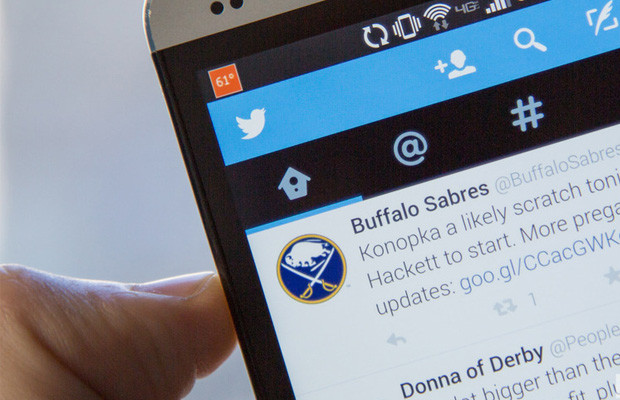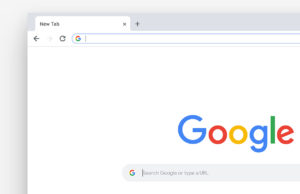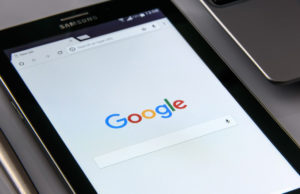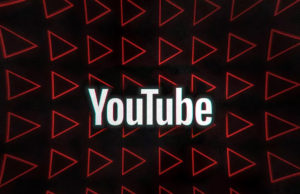Why Twitter Struck A Deal With Google

During Twitter’s fourth quarter earnings on Thursday, CEO Dick Costolo confirmed the reports: Twitter and Google are partners once again.
Costolo declined to share many details about the deal, which was widely reported on Wednesday. That left plenty of unanswered questions, such as how much Twitter stands to make from the deal and what kind of data would be shared.
“The way we think about the Google deal is distinct,” Costolo said on the analyst call, adding it was all about “eyeballs.”
Beyond that, Costolo simply said that it would be “several months” before we’d start to see any Google search results that take advantage of the Twitter deal.
The Google deal marks another important stepping stone for Twitter — which, last November, outlined a strategy to become what CFO Anthony Noto called “one of the top revenue generating Internet companies in the world.”
It will be a long climb from the $1.4 billion Twitter generated in annual revenues last year to its “strictly hypothetical” target of $14 billion in 2024. In making that climb, the company has evolved its strategy.
Growing its monthly active and daily active users is only part of that plan. Twitter wants to diversify its advertising products and find more ways to monetize syndicated content.
No surprise then, that Twitter announced deals with Yahoo Japan and Flipboard on Tuesday that will see Twitter ads like “promoted tweets” pop up on both services. The Google deal was revealed a day later.
While Twitter’s latest partnership remains somewhat mysterious, it isn’t the first time the two companies got cozy. In 2009, the social network and Google inked a deal under which tweets displayed in Google search results. The deal expired just two years later, reportedly because then-Twitter COO Ali Rowghani sought more control over user content.
“In 2011, Twitter didn’t really have as clear a view of its strengths and challenges, and Google believed it could build a great social network, but time has moved on,” Will McInnes, CMO of the social media analytics firm Brandwatch, said. “This deal appears to be a licensing deal that gives Twitter revenue and, of course, traffic.
“And for Google, it gives them really valuable time-sensitive content they can index to super-serve their users and put ads against.”
Indeed, on Thursday’s analyst call, Costolo suggested the two companies would exchange data. So it’s very likely tweets will show up in Google searches again — a big deal given Google still commands 75% of the web search market and remains the number one most-trafficked website globally.
No doubt Costolo hopes Internet users who see Twitter content in Google searches will click on that content. Once they’re shuttled to Twitter.com, Instant Timeline — an experimental feature that could eventually serve relevant tweets, even to logged out visitors — could prove compelling enough that first-time visitors will sign up for Twitter accounts. Certainly, that would be one way to rev up the company’s slow-growing userbase.
McInnes believes Instant Timeline might be the “silver bullet” Twitter needs to quickly sign up new users and add incremental revenue. “If they nail this, perhaps we can expect the user growth that the finance community want to see,” he says. “And then, and perhaps only then, Twitter get on the front foot as a public company.”
Via Mashable













 © 2024
© 2024
0 comments